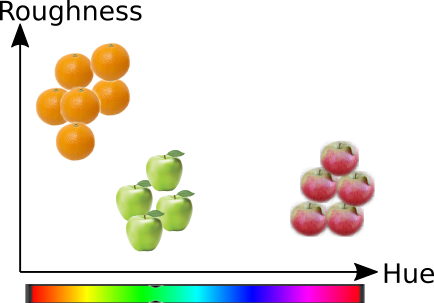About the course#
Students who complete this course successfully will be aware of the practical implementation and usage of machine learning algorithms. Furthermore, they will be able to apply machine learning algorithms in real problems using efficient programming languages, for example Python.
Contents#
Introduction
Reading and cleaning data and plotting
Preprocessing and feature extraction
Unsupervised ML
Unsupervised ML
Supervised ML methods
Supervised ML methods
Evaluation and optimization of models
Deep learning and on-line learning
Project work
Solving exercises#
The exercises are given in the form of Jupyter Notebooks, which are kind of interactive documents, which you are suppose fill according to the instructions in the notebook. The course has a dedicated JupyterHUB-service where the notebooks can be run and submitted.
You can optionally run them in Google Colab, Binder or in a Jupyter environment which you install in your own computer.
When you have finished the notebook, download it from Jupyter in notebook format (.ipynb) and upload the notebook to JupyterHUB.

